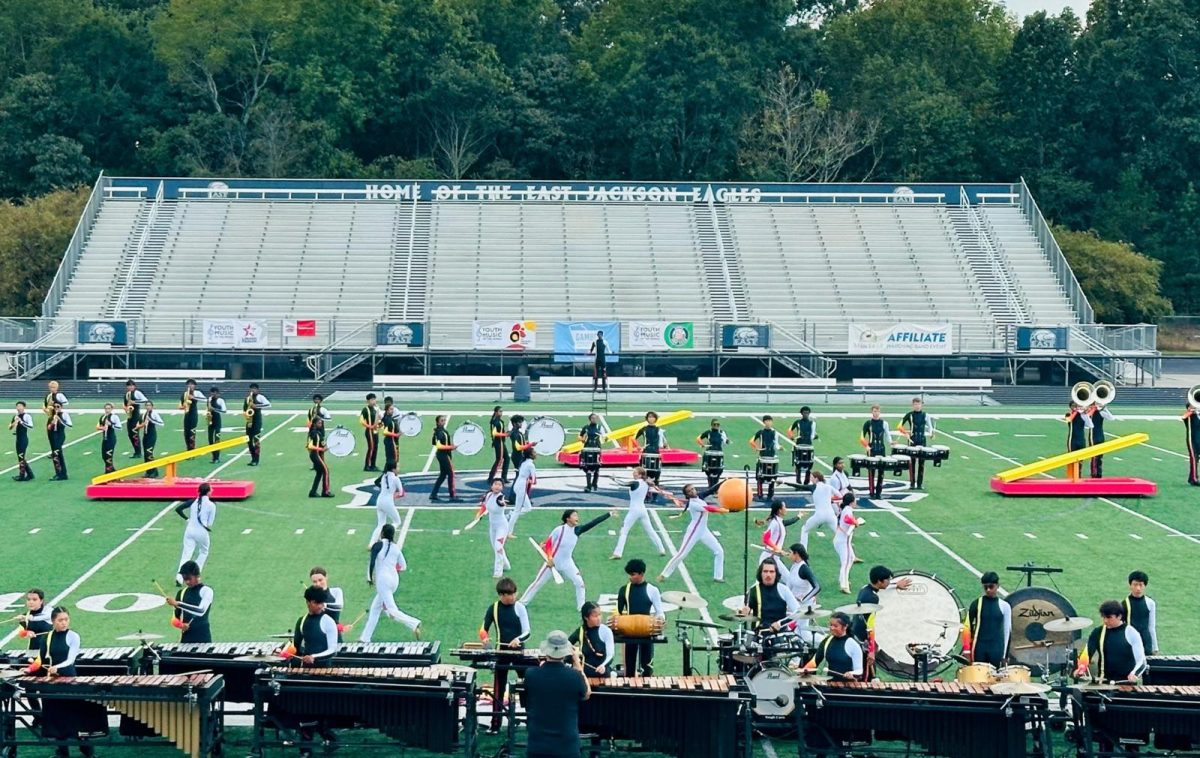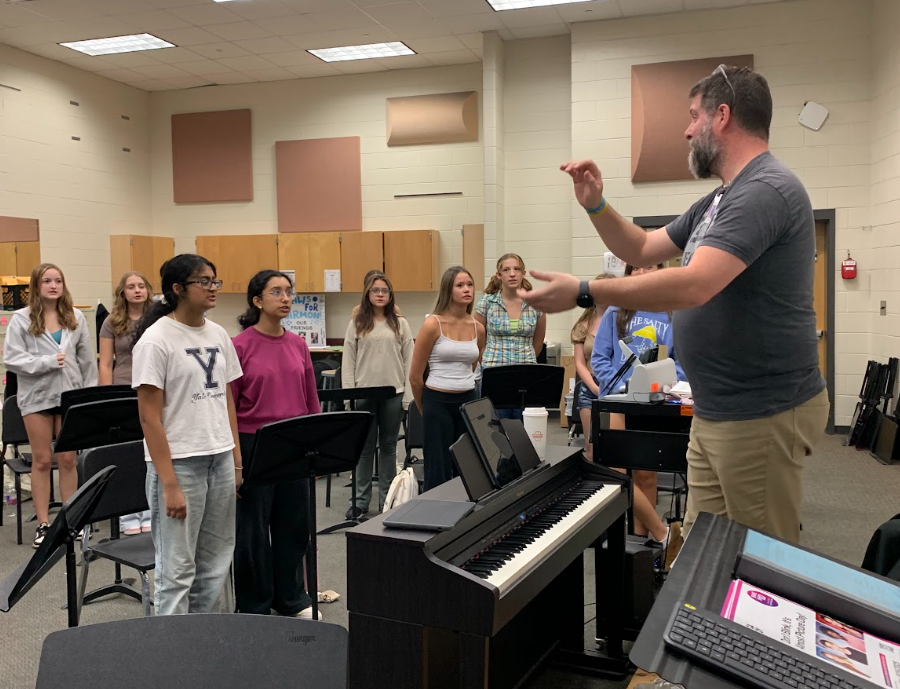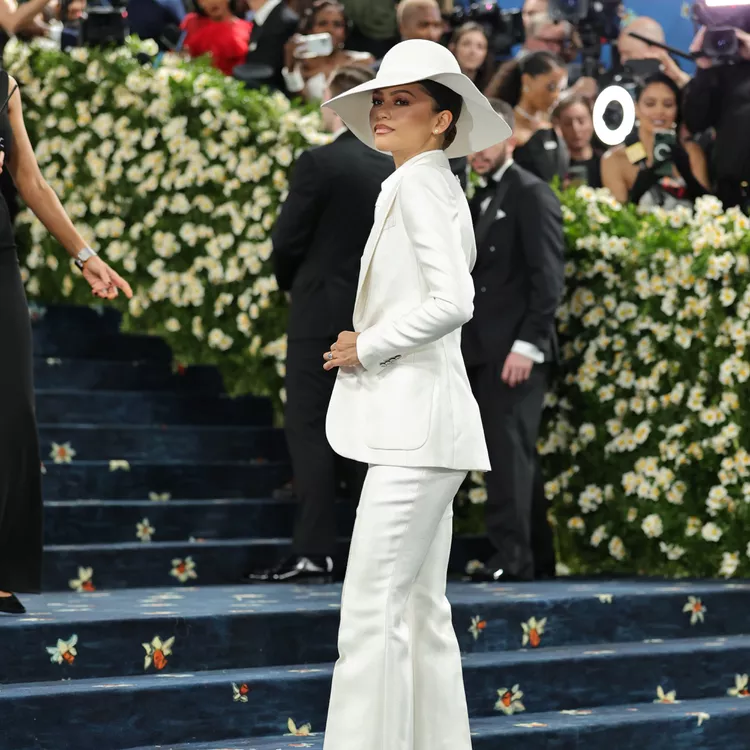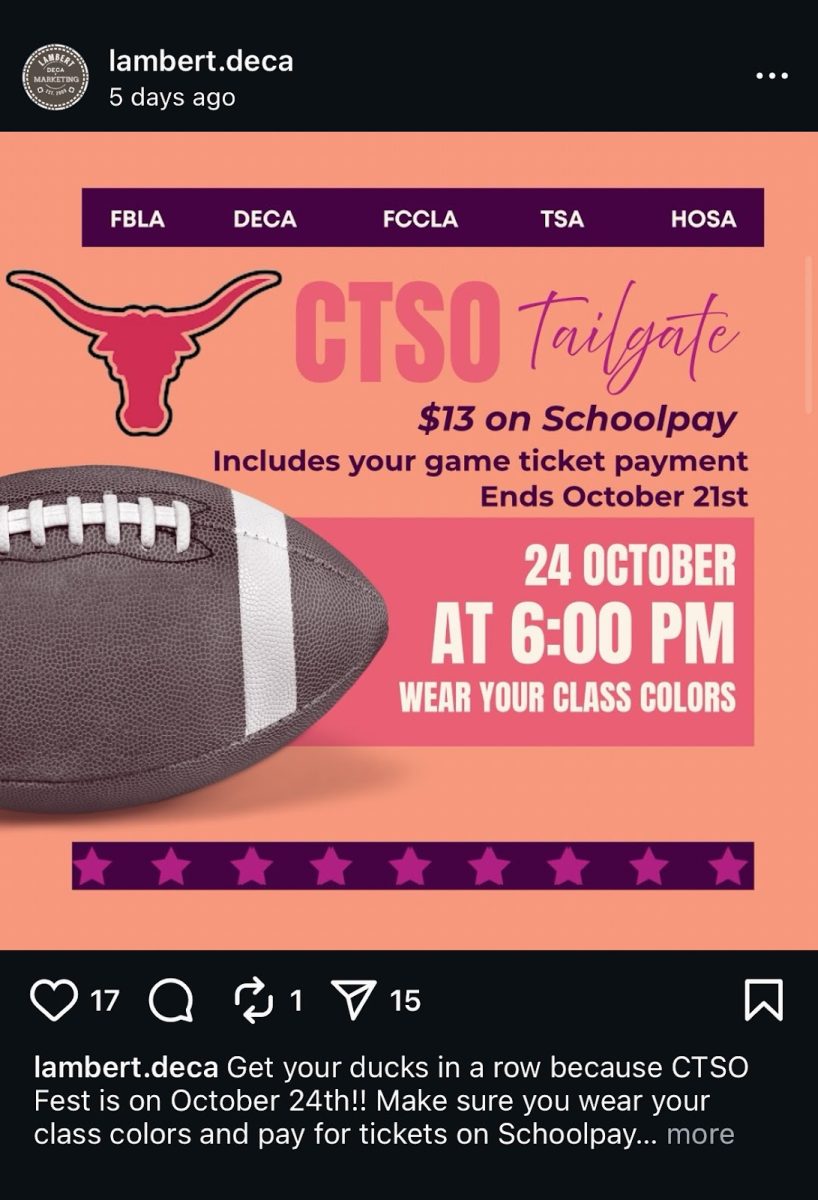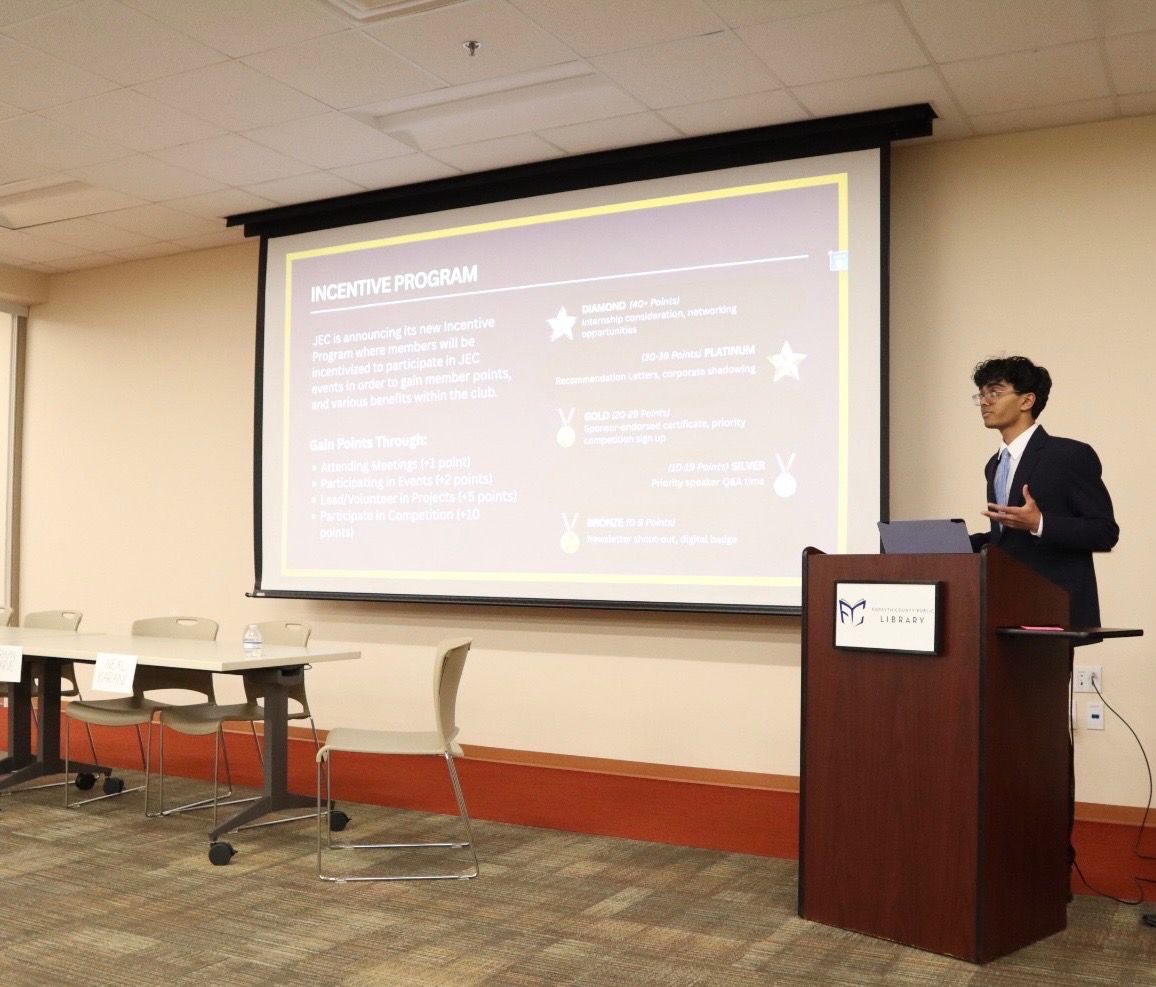On September 17, the finale of hit show “The Summer I Turned Pretty” will air, marking the end of a three year run that has had Lambert students and teenagers all over the nation hooked. Based on a young adult trilogy written by Jenny Han with the same name, the third and final season of the show is the most-watched season of television among women 18-34 right now, and is the fifth most-watched returning season on Prime Video, according to Deadline.
It is hard to pin-point what exactly makes the show so special. One could argue that the teen romance and summer vibes keep people coming back for more. Others could say that the music and the acting are stellar. And while all of these things may be true, “The Summer I Turned Pretty” uses one particular plot device that guarantees viewer involvement and long term engagement: the love triangle.
The protagonist, Isabel Conklin played by Lola Tung, is stuck in a love triangle with two brothers consistently going back and forth between Conrad and Jeremiah Fisher, played by Chris Briney and Gavin Casalegno. This push-pull dynamic creates intensity, drama and angst that keeps the audience glued to their screens.
“I think people get excited about who the main girl is going to end up with,” Lambert senior Emerson Stempien said. “It’s really good for debate because when it’s just one person, you kind of know how it’s gonna end.”
The internet has been divided into Team Conrad and Team Jeremiah and Lambert students are no exception. TikTok edits, Instagram polls and fan-made playlists have only heightened the divide, with viewers passionately defending their choice. In fact, major companies like American Eagle and Walmart sold shirts for the different teams. All of it going to show just how this major plotline generates fan involvement at a mass level, whether by bringing them together or creating divides.
“We had a watch party,” Lambert senior Cindy Saeed explained. “It’s also definitely all over my TikTok, like it’s everywhere.”
However, “The Summer I Turned Pretty” is not the only show to use this. Notably, “The Vampire Diaries,” “Twilight” and even, “The Hunger Games” capitalized on the success that the love triangle brings. In fact, it is harder to find media that does not use the infamous trope in some way.
However, the trope does not find its origins in the movies. Some of the earliest examples can be traced back to ancient stories, where love triangles created conflict, drama and moral tension. Greek mythology is chock full of them—think Paris, Helen and Menelaus sparking the Trojan War—or the gods’ endless rivalries for affection. Biblical tales, too, often center on competing romances or divided loyalties.
Though “The Summer I Turned Pretty” leans into what Lambert senior Prisha Kokane calls “cinematic rage-baiting,” the show balances its love triangle drama with a softer coming-of-age story that resonates deeply. For Lambert seniors, that connection feels especially personal—the first season premiered their freshman year, and they’ve grown up alongside the characters ever since.
“I think it’s a really good coming of age story,” Saeed stated. “I really like how each season has a completely different vibe. I think the first season is less heavy, and it’s more like a light-hearted show. And then it kind of just hits you at the beginning of season two with Susannah’s death, and just everything feels a lot more real. And in season three, they’re like, it’s a big time jump. So I like that. It kind of grows as you grow. So we kind of grew up with the show. “
With the finale just around the corner, Lambert students are eager to see how Belly’s story ends. Opinions may be divided, but the investment is undeniable. No matter the outcome, the show has left its mark on this generation of teens. When the credits roll on September 17, it will close not only Belly’s journey but also a story that defined summers for so many.





